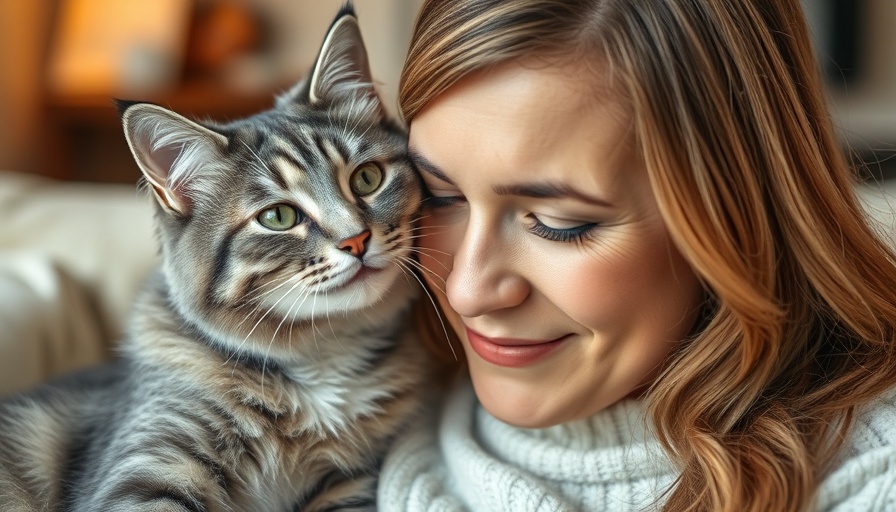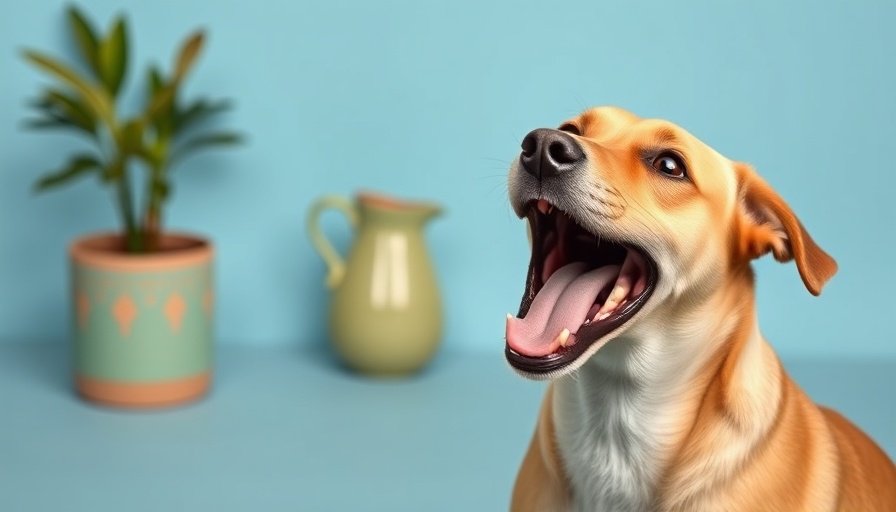
Why Do Cats Headbutt Humans?
Cats, while enigmatic creatures, have unique ways of communicating their feelings and desires. One such endearing behavior is headbutting, scientifically known as "bunting." When your feline presses its head against you, it’s more than just a gesture of affection; it is rich with social significance and emotional nuances.
Headbutting can be seen as a friendly and loving gesture, but it serves multiple purposes in feline communication. When cats engage in this behavior, they may be marking their territory. Cats possess scent glands located on their heads, which release pheromones when they gently rub against their cherished humans. This transfer of scent is a clear signal to other animals that you are a treasured companion.
The concept of a "colony scent" is fascinating in cat behavior. Cats, especially those that share a household or neighborhood, often headbutt each other. This is not merely an act of affection but a way to blend their unique scents to establish a cohesive group identity. By merging their scents, cats recognize one another within their social spheres, reinforcing their bond and unity.
Seeking Attention: The Social Elements of Headbutting
When your kitty approaches you with a headbutt, it might be their way of seeking your attention. This gentle nudge can signal various needs: perhaps it's time for dinner, their water bowl is empty, or simply that they’re longing for a cuddle or affection. By tuning into these gestures, cat owners can more effectively respond to their pet's needs, nurturing a stronger, loving bond.
Interestingly, headbutting may also serve a self-soothing function. When cats feel stressed or overwhelmed by external stimuli like loud noises, they may engage in headbutting or kneading to alleviate their anxiety. It’s their way of grounding themselves, reminding us of the intense worlds they navigate daily.
While most headbutting behaviors signal affection or social bonding, sudden changes in this behavior could indicate distress. If your cat starts headbutting more frequently or exhibits abnormal behaviors, such as pressing its head against walls, it's crucial to consult a veterinarian. Understanding your cat's behavioral changes can help ensure they remain healthy and happy.
The Joy of Connecting with Your Feline
Headbutting is one of the many ways our furry friends choose to connect with us. Recognizing and responding to this behavior fosters good feline mental health and strengthens your bond with your pet. Embracing these moments can enrich your life and create cherished memories.
Building a deeper understanding of feline communication through such gestures is enriching for both cats and their humans. To ensure your cat remains in good health, consider pet insurance that covers veterinary care for incidental needs. With the right support, you can focus on the love and joy that comes with your pet relationship.
 Add Row
Add Row  Add
Add 




 Add Row
Add Row  Add
Add 

